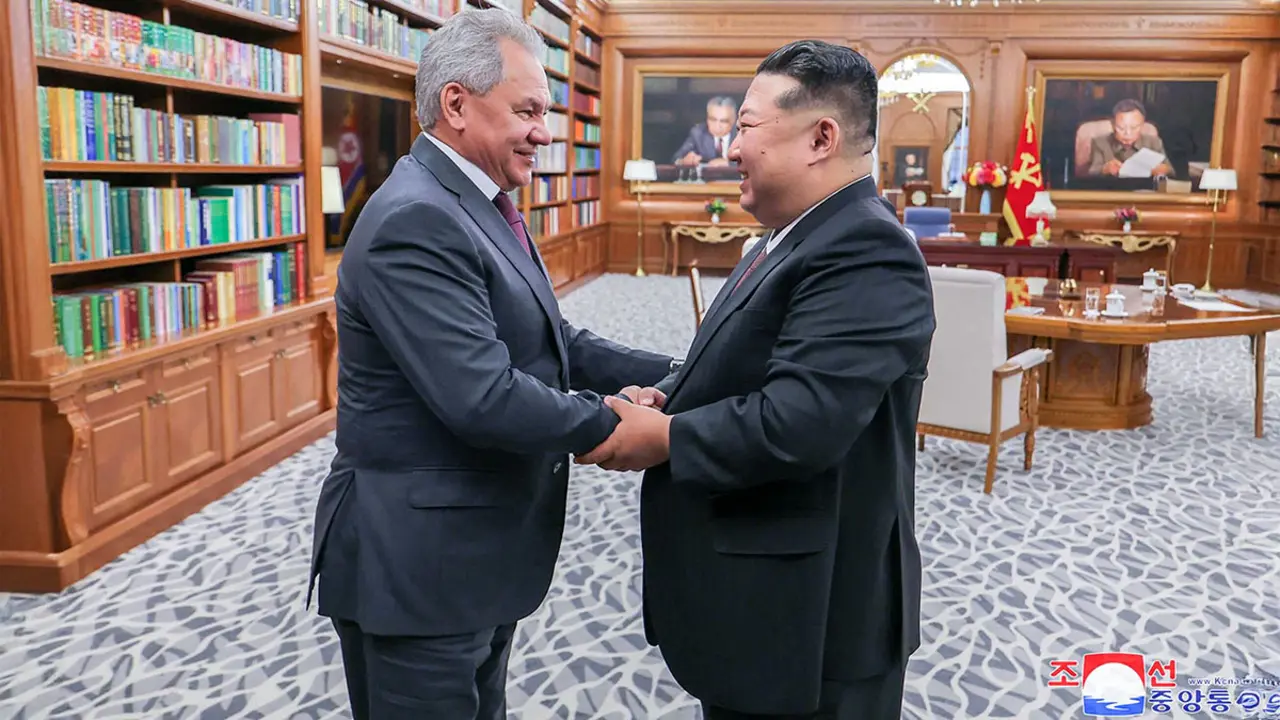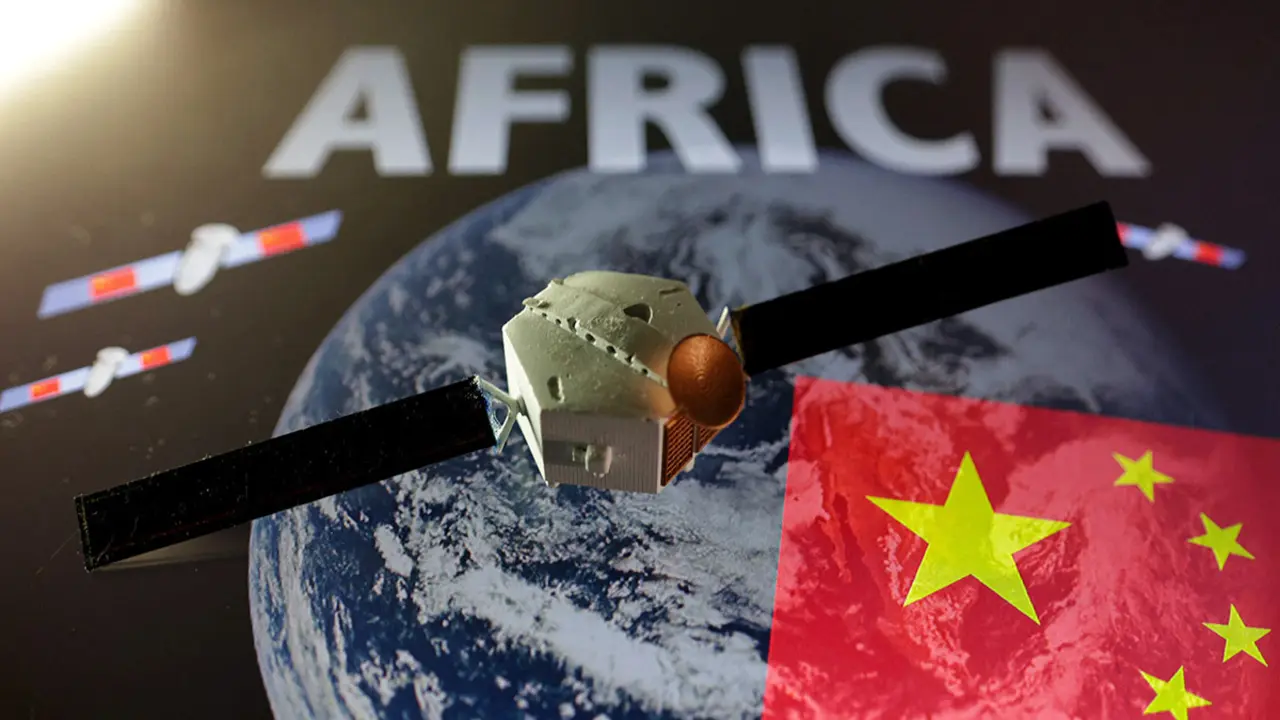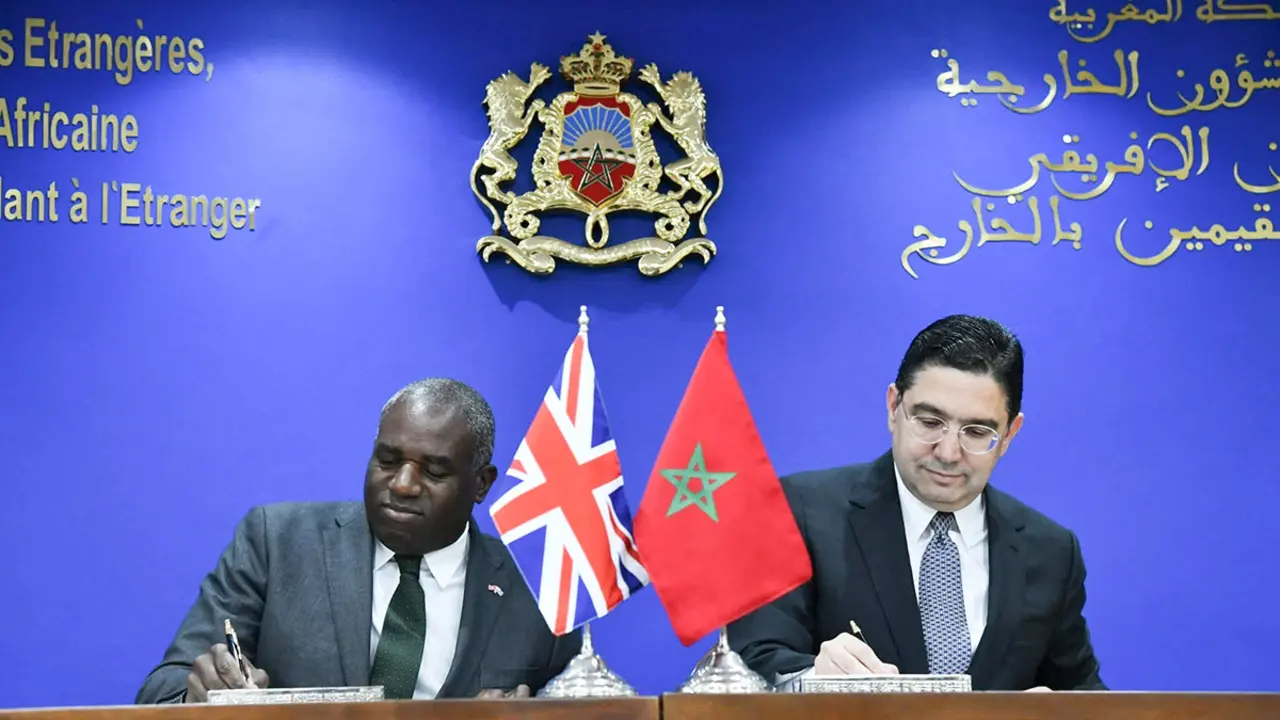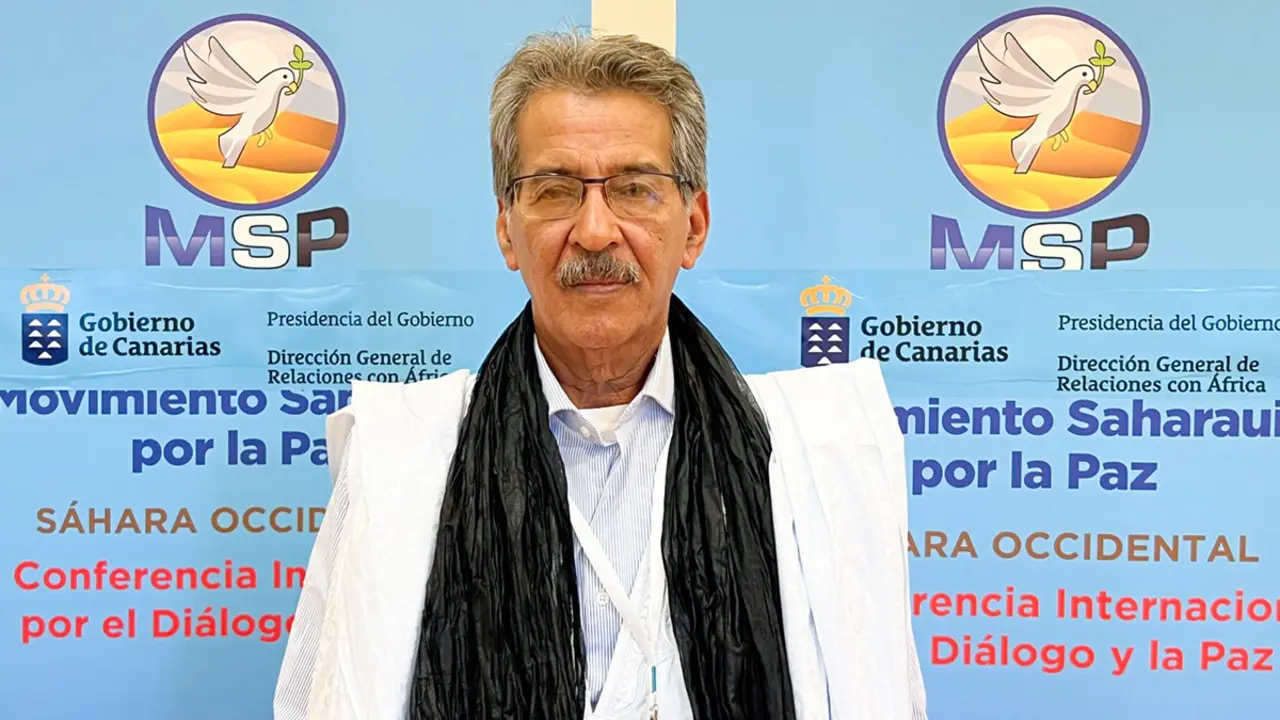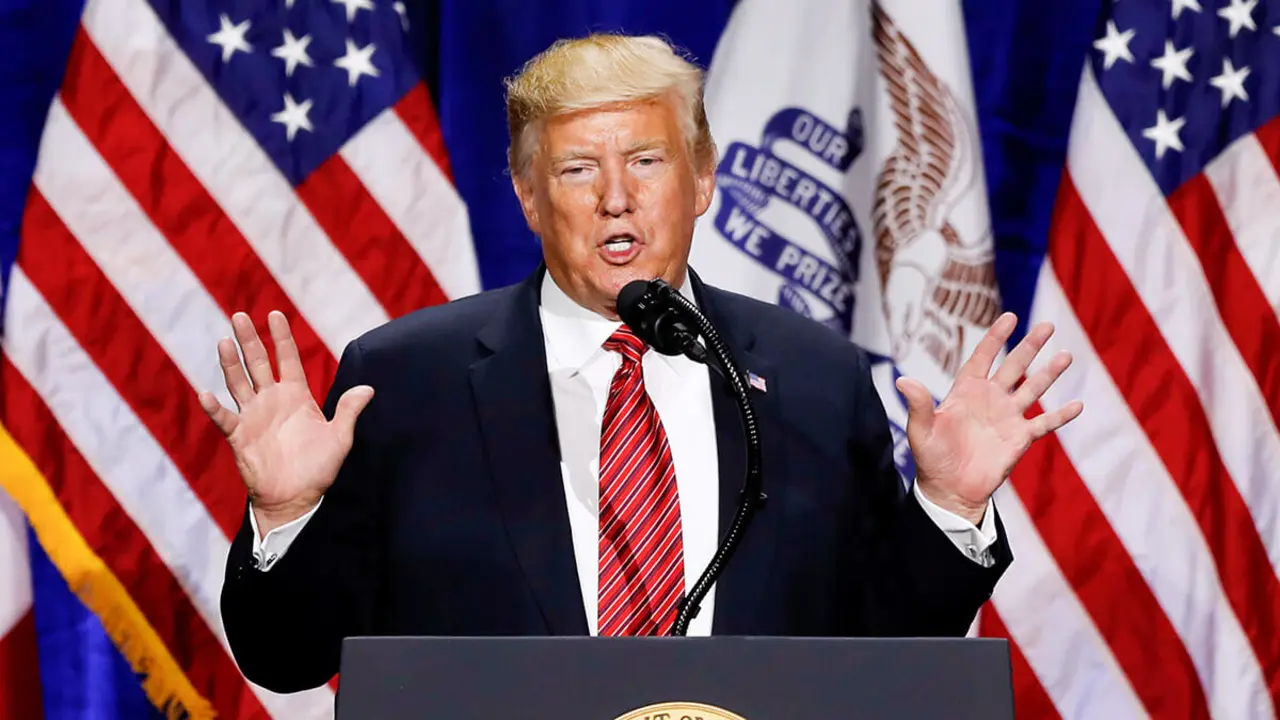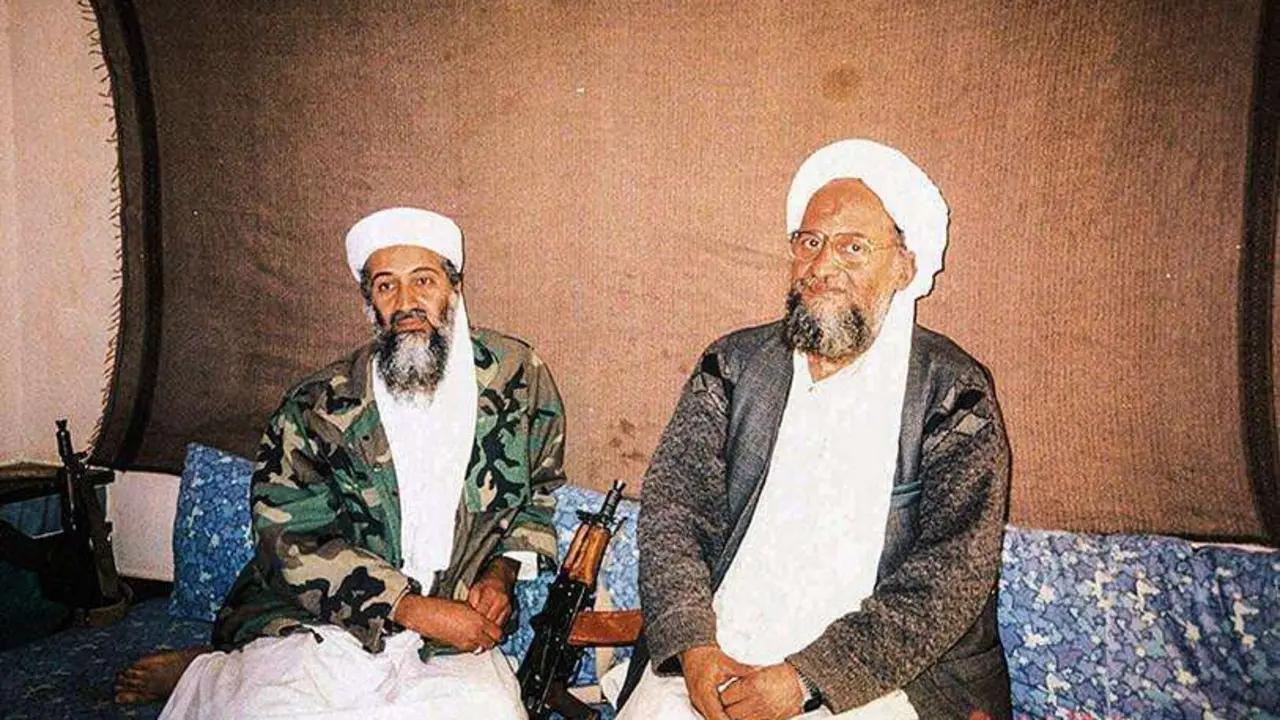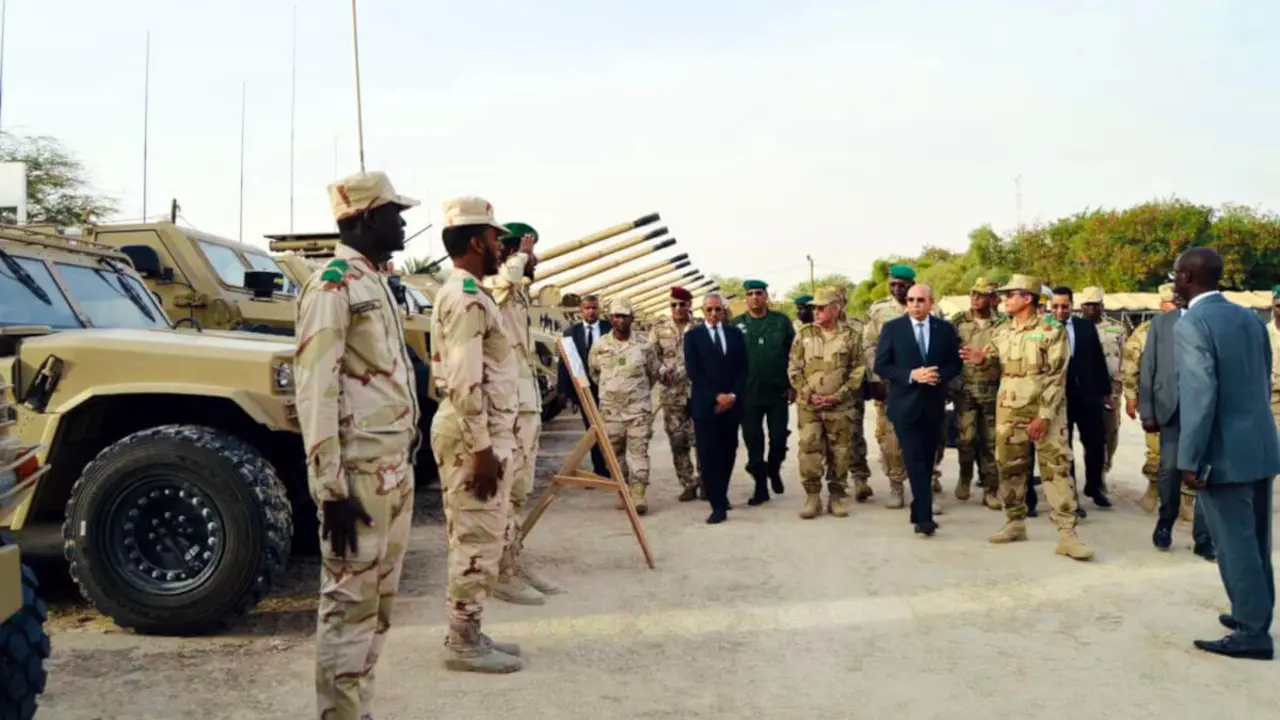Reviewing and rethinking EURO-MED
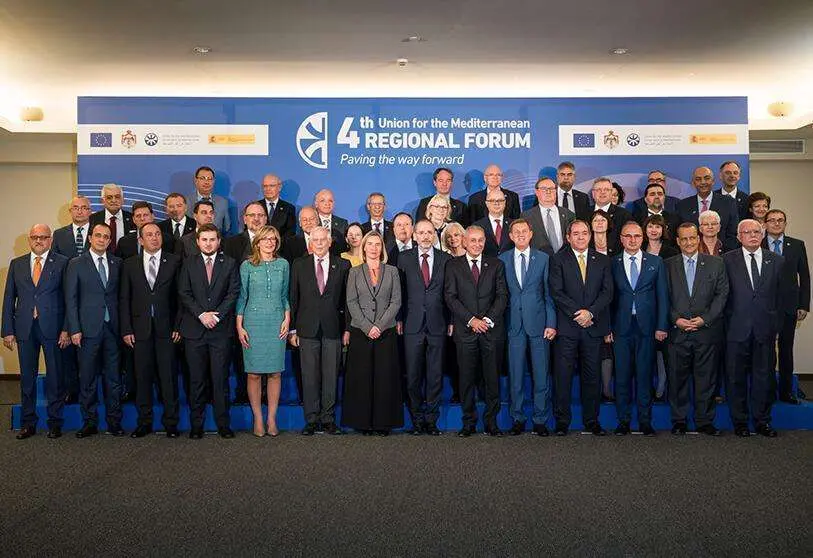
Although not new, the issue of EURO-MED cooperation remains a distinguished area where the scope for possibilities is immense, and where progress on such trans-regional cooperation would have a tremendous impact on the crisis management capabilities of all parties involved. Thus, the conference speakers considered that re-discussing EURO-MED with a new global geometry, if necessary, should be an important and burning agenda item.
It is true that the 1995 Barcelona Process and the EMP Convention, which entered into force in early 2012, were notable initiatives aimed at introducing institutional frameworks and promoting further economic integration based on the concept of 'rules of origin'. However, the initiatives did not flourish as expected, and this is due to several reasons that keynote speaker Monika Wohlfeld (German Chair for Peace Studies and Conflict Prevention) and Ettore Greco (Vice President of the Institute of International Affairs) have addressed during the international event on 8 March. As our perception and understanding of the lack of prosperity that has surrounded these early initiatives is key to rethinking, recalibrating and, in turn, re-engaging in an auspicious direction, this article will take up the most salient message delivered by Wohlfeld and Greco respectively.
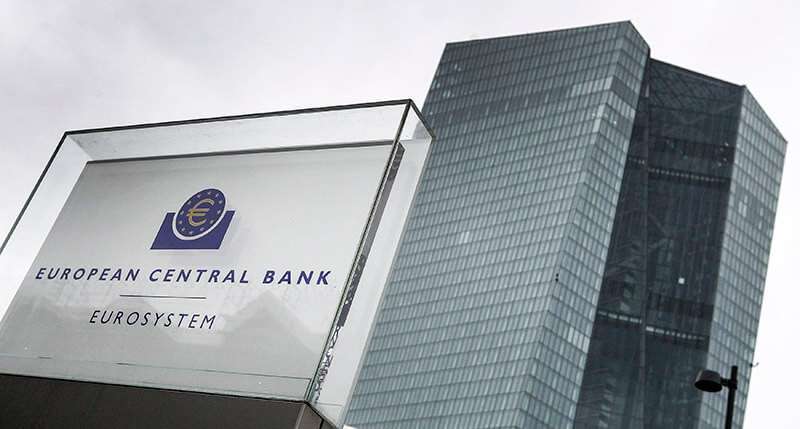
First, Monika Wohlfeld took the floor and began by recalling past attempts to reach security cooperation agreements and their relative inadequacy so far. It is no less important to recognise the causes of such failures: in reality, after the emergence of the first initiatives there was little adherence, mainly due to the absence of a lasting climate of peace and old relational patterns within the regions involved. Once the context has been established, the author tackles the juiciest part: the inherent inadequacy of the multilateral approach, the traces of which are present in the proposals of the 1990s and 2000s. Moreover, she offers a counter-approach as a way forward: minilateralism.
Such a concept offers an alternative mode of cooperation that is more selective, flexible and above all more conscious and focused on the fact (or rather the reality) that states can engage in various 'ad hoc' frameworks with fluctuating membership. The latter would be assessed through case-by-case interests, shared values and relevant capacities. In this sense, in contrast to a multilateralist angle, a minilateralist attitude would be sub-regionally rather than internationally oriented; it would be a voluntary rather than binding engagement; it would affect fragmented but specialised rather than broad general areas of application; it would tend to be multi-stakeholder rather than state-centric; and it would proceed from bottom-up rather than top-down thinking. The shift in approach suggested by Monika responds to an important need, supported by the voices of local experts, to take sub-regional diversity seriously into account in the process. In this way, the chances of reaching cooperation agreements with MED countries - and, moreover, the chances of such agreements succeeding - would be tremendously favourable.
Indeed, Ettore Greco endorsed a consubstantial vision in his intervention at the conference. More specifically, he considered that a more flexible approach should be adopted, based on enhanced co-ownership and greater attention to real regional dynamics and situational constraints.
Drawing on the experience of the Barcelona Process, which highlighted its shortcomings, and the recent deadlock affecting the EURO-MED cooperative, Greco also offers alternative lines of thinking. What is clear to him is that the integrationist approach and the idea that cooperation should be tantamount to structural convergence is an unworkable path. Indeed, he also pointed out that one of the main problems identified with respect to previous cooperation models (whether in the Barcelona Process or even the 2013 ERANET project) was the transfer and, by symmetry, the reception of Western policies in the Middle East and North Africa. This cannot but ring an old bell; that of Watson's concept of the 'legal transplant' and the associated limits. His famous metaphor of the mountain plant that is uprooted and replanted in the desert, causing alterations in the nature of the plant, remains particularly striking and timely. This is a demonstration, or rather a reminder, that the mere transplantation of policies from a particular ethos without adjusting them to the particular new local context can often be ineffective.
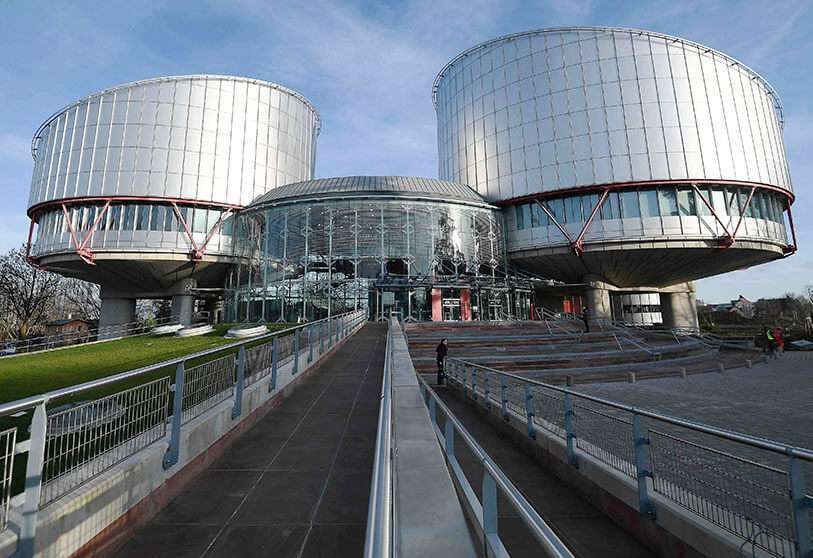
Accordingly, would it be advisable for the EU to place more emphasis and devote more energy to achieving stability and resilience as objectives of cooperation rather than democratisation and institutional reforms? That said, Greco concedes that in the absence of deep transformation - and thus reforms to some extent - stability per se is rarely achievable.
Leaving aside MED's internal conflict dynamics, over which the EU has little or no control, new forms of partnership should be relentlessly explored and promoted in a world where competing and mutually reinforcing challenges can only be best addressed through broader pan-regional operational frameworks. In this spirit, Ettore Greco, as IAI emissary, sets out some basic requirements that we must achieve as a roadmap for successful progress. These are:
- The promotion of a comprehensive concept of security. That is, one that is more inclusive and far-reaching, and therefore more realistic.
- The creation of better synergies between the different cooperation frameworks (NATO-MED dialogue, OSCE MED partnership, MED Union) and the clarification of each initiative's own added value.
- The involvement of valuable non-EU actors, such as Russia or the United States of America.
These guidelines, whether proposed by Monika Wohlfeld or Ettore Greco, show that the rethinking of EURO-MED cooperation is a breeding ground that is already underway. Moreover, this political activation or mobilisation towards the reconfiguration of a more functional and adjusted cooperation scheme can be observed in all the regional and sub-regional actors directly concerned. But, above all, there is a common thread in the discourses of those who are pronouncing themselves to lead the best way forward: the recognition of the omnipresent diversity and pluralism at stake. Only by taking into account the diversity of partners and their sub-regions can beneficial agreements be established and progress made. Of course, this must be understood as a fundamental reflection directed at the European side of the table. Any and all vestiges of hegemony must be completely removed, in order to respect and fully integrate the diverse identities that exist in the process. And indeed, this should not be difficult to understand and assimilate from an EU perspective, taking into account the diverse cultural assemblages interacting within the EU bloc itself. Moreover, the European Court of Human Rights is the king of venerating and defending the national particularism of its member states: in the overwhelming majority of its judgments it flaunts harmony when it comes too close to a requirement of homogeneity that falls short of denying a region's tradition.
Nora Wolf is a Swiss-based specialist in international politics and economics who works at Kingston University and the University of Geneva. Specialist in international politics and economics/IFIMES

